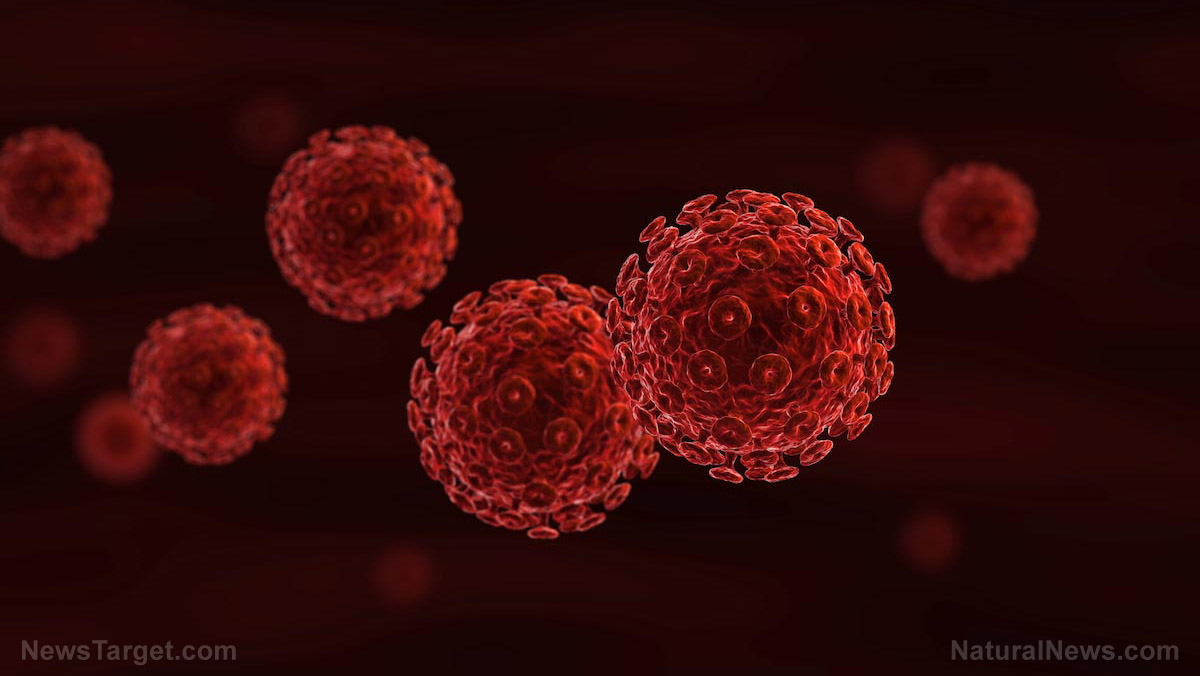Scientists are looking at this African plant as a possible natural treatment for HIV
01/25/2019 / By Ralph Flores

Recent studies on HIV and AIDS have found that a plant native to Africa could potentially be used as a natural treatment for the disease. In their study, researchers from the Bindura University Science Education and the University of Namibia revealed that the stalked bulbine (Bulbine frutescens), an evergreen plant native to South Africa, has anti-HIV properties, which support its use traditional medicine.
The study, which appeared in the Journal of Herbal Medicine, used extracts derived from the aerial parts (like the leaves and the branches) of the plant. These were then tested for its ability to inhibit certain enzymes which help contribute to the replication of the virus in the body. The extract was also tested for its antioxidant properties, given its use in traditional medicine in wound treatment, as well as its physical and chemical components.
The researchers found that the plant extract exhibited “good inhibitory activity” against the HIV-1 protease and reverse transcriptase enzymes of the virus. They also noted that it had potent antioxidant properties, which researchers accounted to the presence of phenols, alkaloids, and flavonoids. To note, the ability of the extract to inhibit was largely on the concentration applied to the area.
“This study demonstrates that B. frutescens extract has anti-HIV potential and the traditional use of the plant as a wound healing agent could be through its high antioxidant activity,” the researchers concluded in their report.
Looking at alternative treatments for HIV
According to data from the World Health Organization, at least 37 million people are living with HIV around the world — with Africa being the region where most cases are reported. While there is currently no cure for HIV infection, many people have turned to complementary and alternative medicine to improve their condition and slow down the disease. Here are some treatments that could help in managing the symptoms of HIV.

Body therapy
Acupuncture is a popular choice for dealing with the symptoms that follow HIV, in particular, pain and nausea. The treatment allows the body to release chemicals that relieve nausea and improve a person’s overall well-being.
Aside from acupuncture, yoga and massage therapy have been known to reduce anxiety and depression which are usually felt by those with HIV. Studies have also shown that it helps boost levels of CD4 cells, the immune cells that HIV targets.
Meditation
Meditation and other forms of relaxation therapy help deal with the stress that comes with the infection. It also helps reduce the anxiety of those suffering from chronic disease.
Herbal medication and supplementation
In an earlier study, researchers have identified milk thistle to boost the immunity of people with an HIV infection, without any adverse effects. In addition, selenium can be helpful in slowing down the progression of the virus.
If a person is under antiretroviral therapy, however, he should seek the advice of a healthcare professional before taking herbal medicines and supplements. St. John’s wort, for instance, is great for treating depression — a common symptom of those with HIV infection — but it can also interfere with prescription drugs and weaken its efficacy.
Medical marijuana
Earlier studies on the effects of medical marijuana on HIV-positive patients found that it was able to greatly improve appetite, sleep, and mood, as well as reduce neuropathic pain.
Learn more about how herbs are used in traditional medicine at Herbs.news.
Sources include:
Submit a correction >>
Tagged Under:
AIDs, HIV, natural cures, natural medicine, plant-based medicine, plantmedicine, stalked bulbine
This article may contain statements that reflect the opinion of the author





















